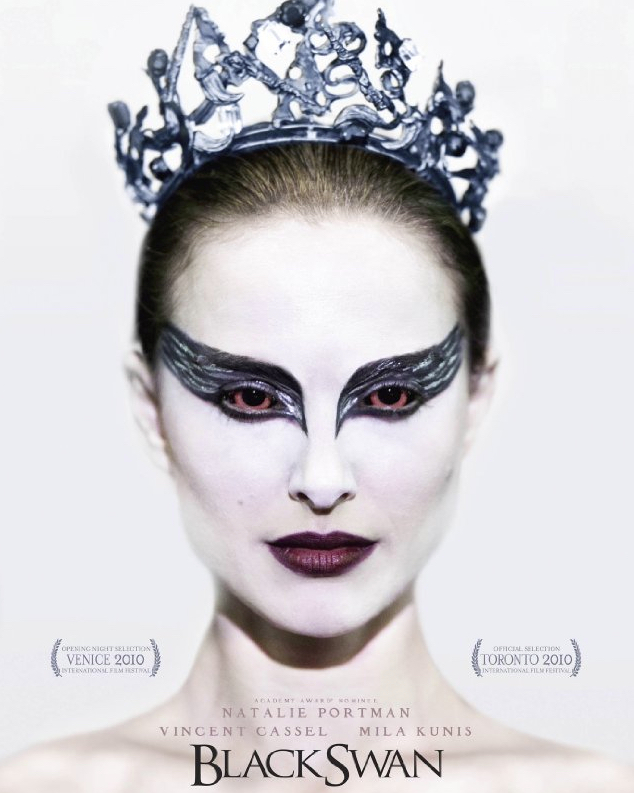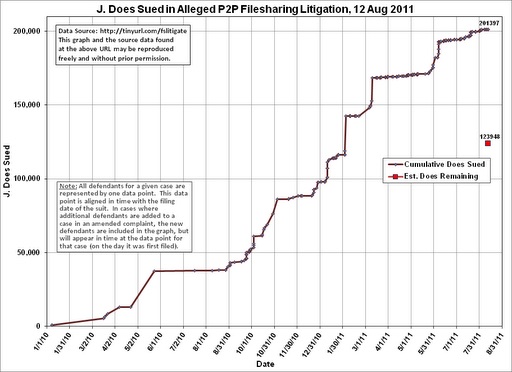Lafayette, IN – Magistrate Judge Andrew Rodovich of the Northern District of Indiana has denied a Motion to Quash Subpoena served on Purdue University  of Lafayette, Indiana by Third Degree Films, Inc. of California as part of a copyright infringement lawsuit in the Northern District of California. In its suit in the Northern District of California, copyright attorneys for Third Degree alleged that 2,010 John Does infringement an adult video called “Illegal Ass 2” without its consent in violation of its copyright. Third Degree did not know the identities of the persons who allegedly illegally downloaded the copyrighted work, but did have the internet protocol (I.P.) address. Third Degree has served subpoenas on internet services providers attempting to uncover the identities of the subscribers with the specified I.P. addresses. One of these John Does, John Doe 26, was a nineteen-year-old student at Purdue University. John Doe 26 filed a motion to quash the subpoena served on Purdue in the Northern District of Indiana.
of Lafayette, Indiana by Third Degree Films, Inc. of California as part of a copyright infringement lawsuit in the Northern District of California. In its suit in the Northern District of California, copyright attorneys for Third Degree alleged that 2,010 John Does infringement an adult video called “Illegal Ass 2” without its consent in violation of its copyright. Third Degree did not know the identities of the persons who allegedly illegally downloaded the copyrighted work, but did have the internet protocol (I.P.) address. Third Degree has served subpoenas on internet services providers attempting to uncover the identities of the subscribers with the specified I.P. addresses. One of these John Does, John Doe 26, was a nineteen-year-old student at Purdue University. John Doe 26 filed a motion to quash the subpoena served on Purdue in the Northern District of Indiana.
John Doe 26 argued that the subpoena should be quashed because it seeks privileged information and also is unduly burdensome. The court disagreed. Citing similar cases, the Court found that John Doe 26 does not have standing to challenge the subpoena as unduly burdensome because John Doe 26 is not required to do anything to comply. Rather, it is the internet service provider upon whom a burden is imposed.
John Doe 26 repeatedly argued that there was a high risk that he did not illegally download the video at issue here. He argued he had this I.P. address at his dorm room at Purdue, and that there was a high risk that his roommate or another resident of the dormitory downloaded the infringing video. He also argued there was a high risk the information obtained through the subpoena would damage John Doe 26’s reputation. The court noted other courts have found that these arguments did not create a privilege justifying quashing the subpoena. The decision and issues here are similar to recent activity in the First Time Video case in the Southern District of Indiana.
Practice Tip: John Doe 26 states he filed this motion to quash in the Northern District of Indiana because the California District Court does not have jurisdiction over John Doe 26. John Doe 26 states California does not have jurisdiction because he has not been served with a complaint or summons and lacks personal jurisdiction. The court did not address jurisdiction in this order.
Continue reading
 Indiana Intellectual Property Law News
Indiana Intellectual Property Law News




